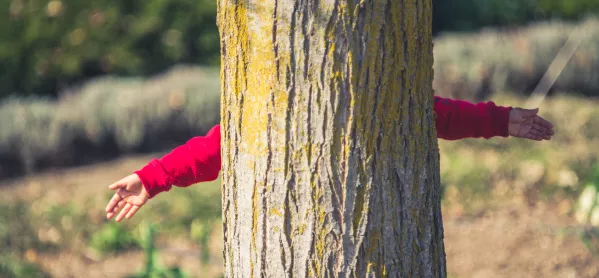Metacognition is the word of the moment in education research.
Devotees say the strategy can, if embedded successfully into our teaching, revolutionise the way pupils approach their own learning.
The assumption being, presumably, that until we begin to help them, the majority of our learners don’t know how they learn best.
Quick read: How to encourage delayed gratification in GCSE students
Quick listen: What teachers need to know about the teenage brain
Want to know more? Experiments in human behaviour
Once they become more aware of what works for them and what doesn’t, they can fly higher than ever before.
Metacognition in learning
But could it be that there are some pupils who are already a few steps ahead?
Two years ago, I had the pleasure of teaching English to a girl who was extremely able, and I would have categorised her as one of the more conscientious girls in what was a rather large and spirited class.
During one of our GCSE lessons, she was required, like every other student, to prepare a presentation on a subject of her choice, to be delivered in front of a small audience. Once the class began to put their presentations together, the girl became unsettled and hesitant.
When I asked if she was OK, she whispered that she would rather speak at lunchtime. I reassured her and assumed that she didn’t want to draw attention to herself.
She later explained: “Miss, it’s just…I’m an introvert.”
‘Killer confidence’
Prior to this lesson, the same pupil had attended, and had been extremely vocal in, my lunchtime debate club.
I had witnessed her skilfully deconstruct the opposing team’s argument with killer confidence and a sense of poise reserved for the few who are able to separate emotion and logic.
So what was she saying? An introvert? It didn’t seem possible.
How wrong I was. She was aware of how she works best and the sorts of situations that are hard for her, and was able to communicate that to me.
Rather than being shy, she declared herself to be a proud introvert. She wanted to achieve and she knew what she had to do. She eventually exceeded her target grades in English and she is continuing to aim high with a continued sense of focus that will lead her on to great things.
Hiding in plain sight
I realise now that as we begin to enthusiastically apply the theory of metacognition to our classes, we could have a significant number of metacognitive experts in our classrooms, already hiding in plain sight.
Our introvert pupils could already have an acute and heightened awareness of how they learn best.
They could be the ones who know that over-stimulation in their environment can lead to them entering into cognitive shutdown, and so it could be likely that they have been adopting metacognitive strategies for much of their academic careers.
As adults, we are blessed with time and hindsight in abundance. Yet how many of us still feel stunted, frustrated and unable to concentrate when we are overstimulated by image, noise or distraction?
The difference is that as adults, we have the confidence to change our working environment to increase our productivity and we’re not afraid to declare it. Ironically, neither was my pupil.
She did her presentation, eventually. The topic? Simply “Why introverts learn well”.
Nina Kewin is a lead practitioner at St Christopher’s C of E High School, Accrington


